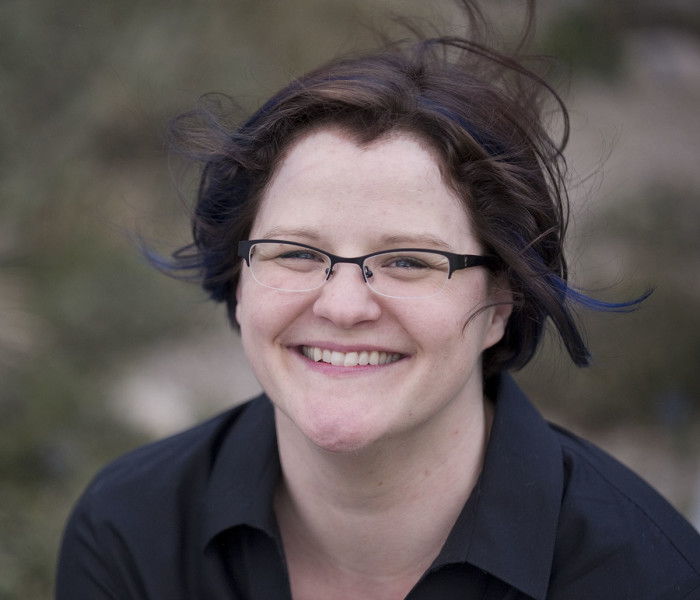I’ve been hearing from people who’ve begun trying to explain ideas from the book to other people — like, arousal nonconcordance and that sex is not a drive — and people just flat out don’t believe them. My careful collection of hundreds of academic references isn’t even a little bit persuasive. Boy, do I hear that.
Every semester a student says to me, ‘I walked into this class thinking I already knew a lot about sex, so it would be an easy and fun class, but …’
‘It’s not easy or fun?’ I ask.
‘Oh it’s fun, but it is not easy. I had no idea how much I didn’t know!’
At first, it bothered me. Did these undergraduates really believe that I had spent all those years in school, only to learn what they themselves already knew? Surely they would never walk into, say, a botany class assuming they would learn little more than their grandfather taught them in the family vegetable garden.
And then I learned about the Dunning-Kruger Effect.
The Dunning-Kruger Effect says, essentially, that people have no idea how little they know, and the less a person knows, the more certain they will be that they know everything they need to know.
It makes a kind of sense, right? They know 100% of what they know, and they simply mistake that knowledge for 100% of what there is to know. It’s like they’re standing in a spotlight and assume that 100% of what they can see is 100% of what exists.
When it comes to sexual satisfaction, this Dunning-Kruger Effect is a real problem.
It’s a problem because knowledge can have a real impact on your sexual wellbeing. And if you think you already know … will you go out seeking knowledge?
Many people who believe they are broken also believe that they understand their own sexuality. They don’t know that they don’t know about the dual control model, about the interaction between the dual control model and their other brain systems, and all the other stuff that y’all know from the blog and the book.
People who believe they are broken and also believe they understand how sex works, have two false beliefs, and the latter false belief locks them into the former: If they understood how sex works, they’d know they aren’t broken. But because they believe they understand, they’ll continue to ‘know’ that they’re broken.
I can empathise with that.
It seems to me that that insistence that they understand serves as a protective defense, like an injured animal snarling at a person who tries to help. ‘Fuck off,’ she growls. ‘I know what I need!’
What people who believe they’re broken definitely know – and know with full accuracy – is that they are suffering. They are in pain. They want and need help.
And — as you know from Chapter 3 of the book — when a person is in a stressed-out state of mind, EVERYTHING seems like a potential threat… even new information or other surprising sources of support that could help them.
Solution? The wisest, most knowledgeable approach you can take toward your own sexuality, and toward the sexuality of your friends and loved ones who feel broken, is to be deeply curious about how sex works.
It will be different every single day. It will change across your lifespan. And the science is so new that no one really understands sex – certainly not me, and I’ve written an entire book about it, packed with things that even other people who’ve written books about women’s sexuality don’t know. I know a bunch, and yet I am routinely dazzled by what I don’t understand!
So the secret is to stay curious. Be willing to be surprised. And when you’re trying to explain a new idea to someone else, admit that it surprised you too. Acknowledge that it’s the opposite of everything we all thought we knew.
There is not shame in not having known something, just as there’s no shame in being a sexual person. Learning is part of sex: Knowledge is power. The more open we are to knowledge, the open we are to pleasure and connection and confidence and joy and all the other beautiful things that sex can, in the right context, bring to our lives.

